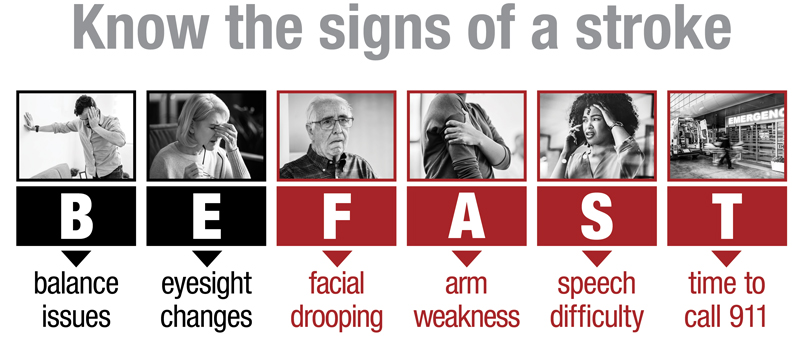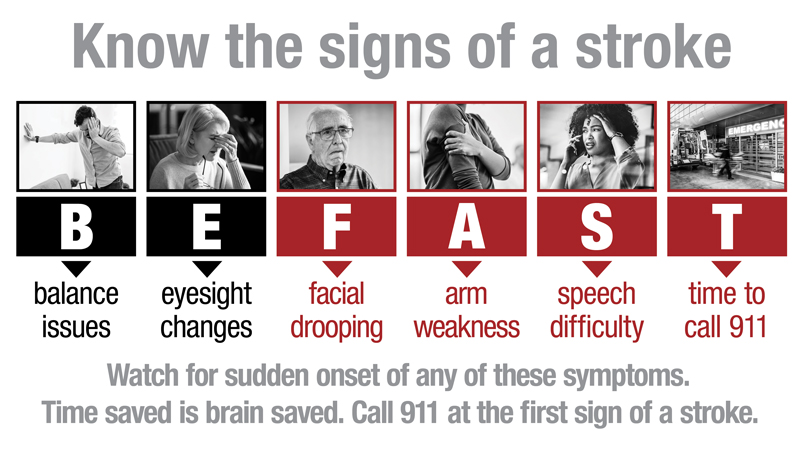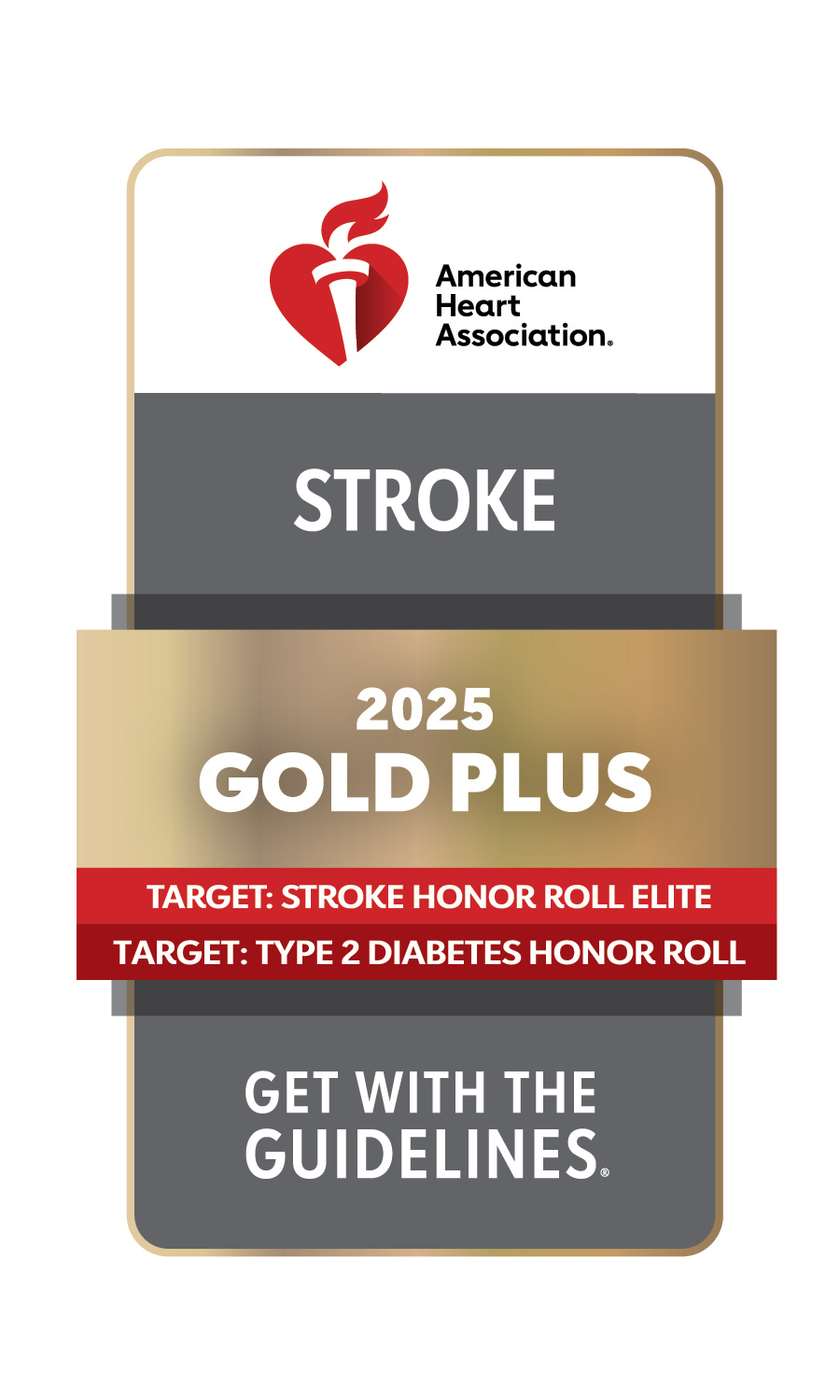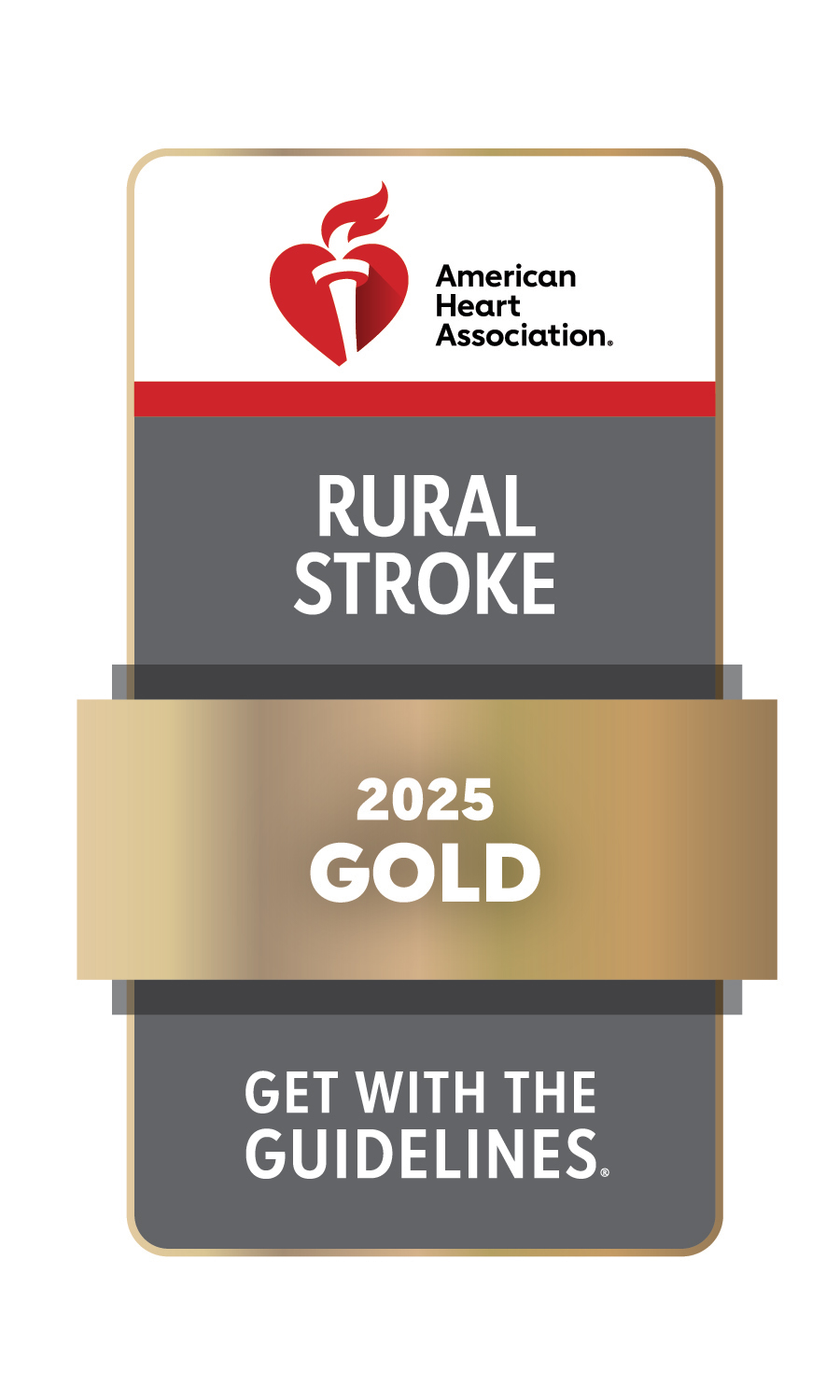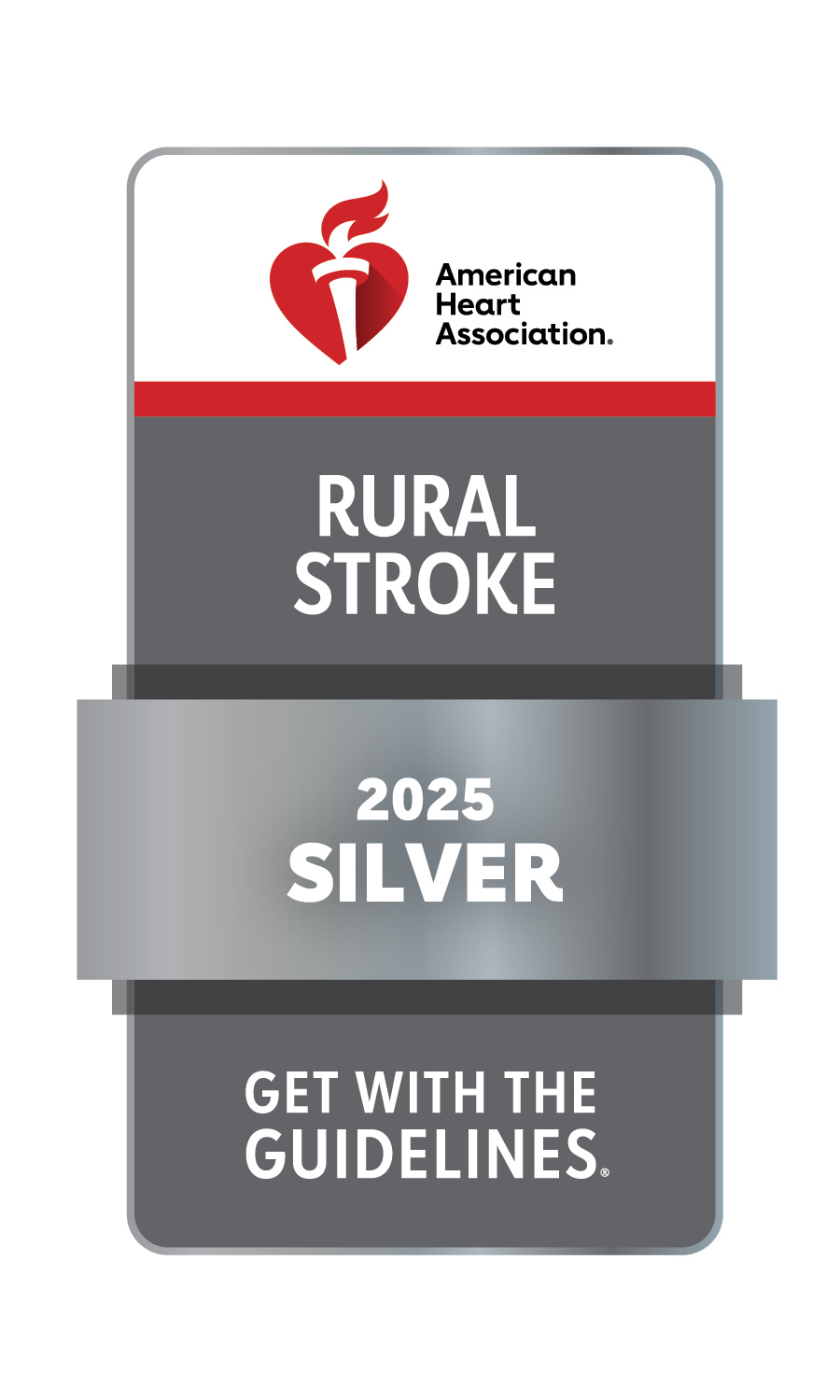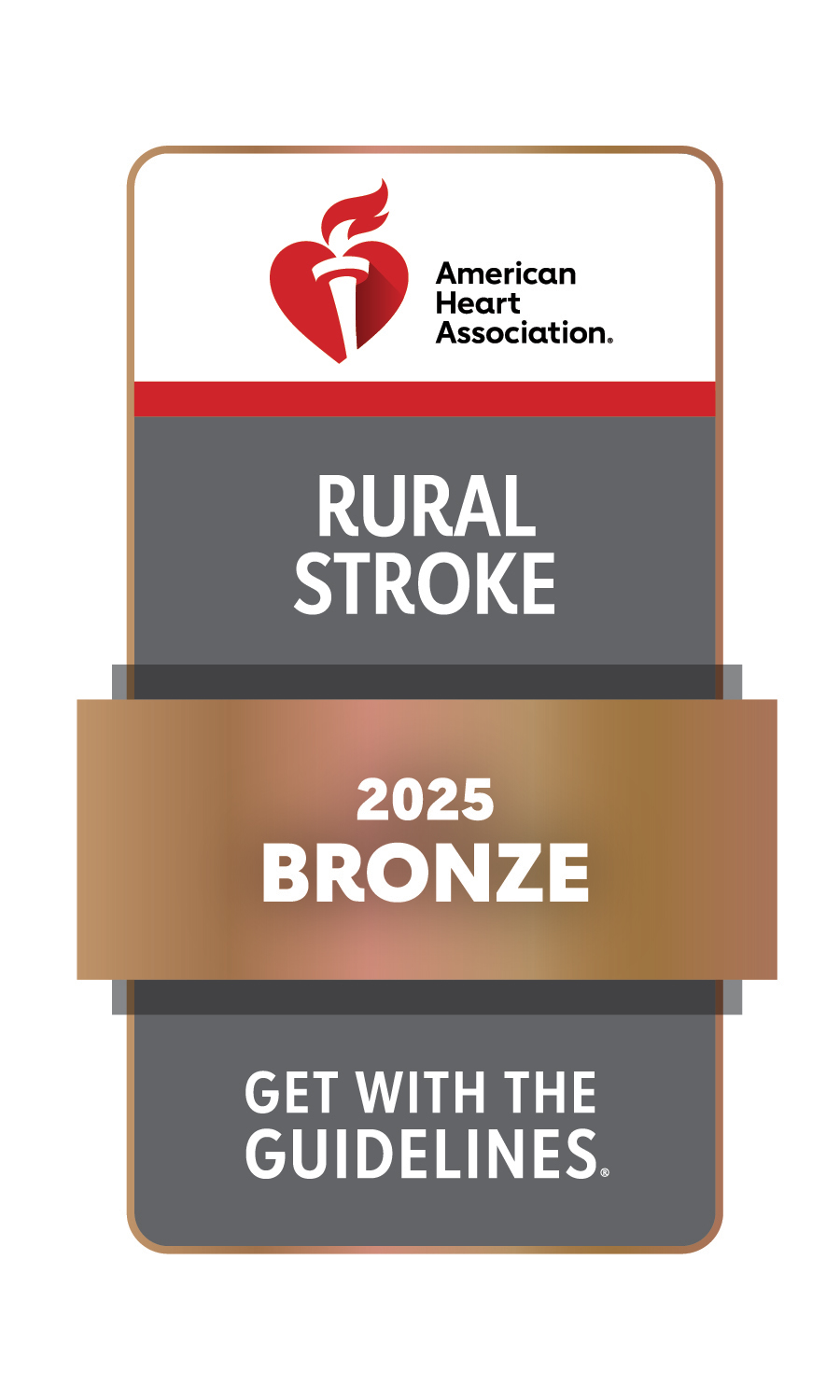How can clinical research help you?
St. Charles serves as the premier research facility in Central and Eastern Oregon. The St. Charles Research Department conducts clinical trials for promising new treatments and therapies in a wide variety of medical fields, including cancer treatment and prevention, cardiovascular disease and supportive care.
What is a clinical trial?
Clinical trials are scientific studies in which new treatments — drugs, diagnostic procedures and other therapies — are tested in patients to determine if they are safe and effective. Nearly all drugs in use today were tested and made available to patients through clinical trials.
Why are clinical trials important?
In general, clinical trials are the only way for patients to be treated with new and potentially breakthrough therapies. In addition, participation gives you the opportunity to contribute to the body of medical knowledge that will benefit future generations, just as patients in past trials have helped you and others today.
What is the clinical trial process?
Before agreeing to participate in a clinical trial, you'll receive full and complete information about the trial — its purpose, potential risks and benefits. You'll be assessed and then invited to participate or excluded from participation depending on various factors. Even if you choose to join a clinical trial, you have the right to withdraw at any time. If a new treatment is found not to be better than current treatment, the trial is discontinued.
What about my safety and costs?
All clinical trials must meet rigorous federal guidelines to protect patients. Most clinical trials cost the same as standard care. If there are extra costs, the research sponsor will usually cover them.
How do I get involved?
For more information, consult your physician or contact the St. Charles Research Department by calling 541-706-2909 or emailing Noura Sall at [email protected]
"Opening the Conversation" Study
Many people with a history of breast and gynecologic cancer experience reproductive or sexual difficulties, and there are few resources to help couples cope. We are developing a program to help fill this gap, but we need your help. The program will teach couples to cope and communicate with each other about their sexual and reproductive health concerns.
Learn more

